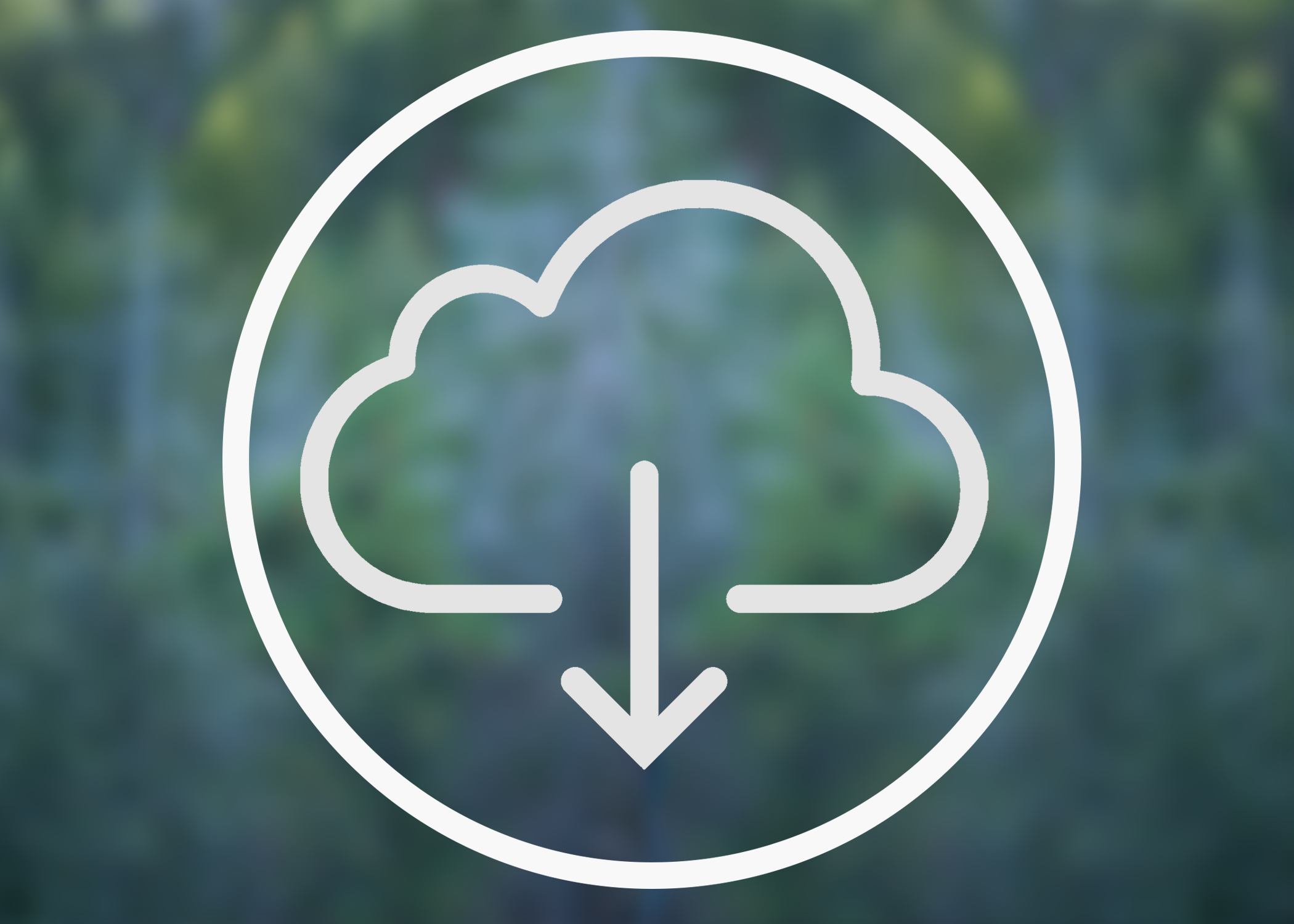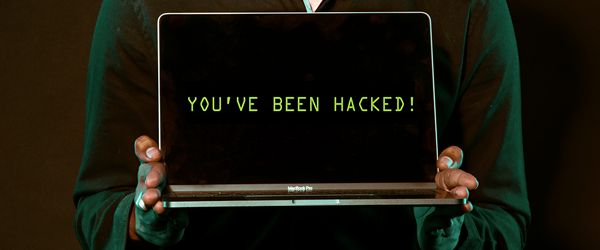Keep Data Secure In The Cloud
As organizations slowly shift more of their systems to the cloud, it’s essential to understand how to keep that data secure. Data security in the...

Often referred to as disk encryption, this keeps data safe by encoding all storage drives on a computer into ciphertext. You can encrypt hard drives and solid state drives to safeguard the information stored on them. This is accomplished by requiring a password to access data stored on a computer, or by using password protected software that prevents anyone who breaks into your system from making sense of the files and information you have stored on them.
Accurately measure risk & automate compliance with Rivial Security.
Disk encryption can work for the entire drive or, depending on the software you are using, you can have a single folder that is password protected. You can then use this folder to store sensitive files and information you do not want anyone accessing.
How does encryption keep data secure in the cloud? Just like software on a hard drive can encrypt your data, cloud storage solutions can and should be encoded too. Most cloud applications on the market already come with encryption features, but some users opt to encrypt their data before it’s even uploaded to the cloud as an added layer of protection.
Accurately measure risk & automate compliance with Rivial Security.
When choosing a solution for your business or personal use, it’s a good idea to look at their security notices to see what kind of protections they are using on your files. For example, Microsoft OneDrive states that they protect data in transit with transport layer security (TLS) encryption, and they also protect it at rest with multiple factors of authentication, network protection, application security, and content protection keys.
There are two generally accepted practices for encrypting web traffic. One is to use a VPN, or virtual private network. This allows you to get online privately, even on a public network by encrypting everything you’re doing online from the websites you’re visiting to the passwords you’re entering in your email service provider’s login page.
The other is to make sure you are only visiting websites that have a Secure Sockets Layer (SSL) denoted by the “S” in the “https” letters of a website. Websites that do not have an “S” and instead begin with “http,” do not have an SSL. The “S” quite literally stands for security and it’s what tells you your data on that website is encrypted, and therefore safer from cybercriminals than it would be without the SSL. Using an SSL is critical to websites that ask users to submit sensitive information, and is required by regulating bodies in healthcare and finance. For example, the Health Insurance Portability and Accountability Act (HIPAA) requires that healthcare providers use security features such as SSL and TLS to ensure that health information is encrypted online.
These are just some of the ways you can protect your data with encryption. There are also things you can do to encrypt your cell phone messages, chats on websites, servers and more. Want to learn more about protecting your sensitive files and information? Click here to learn about Rivial Security’s cybersecurity services. If you’re like most people, you store a lot of information locally on your personal devices - computers, phones, tablets, etc… You use thumbprints and passwords to keep that information private. Perhaps you load backups to the cloud, and data is kept safe there through encryption. But, how does encryption keep data secure?
Accurately measure risk & automate compliance with Rivial Security.
Encryption keeps your data safe by transforming its format so that a third party cannot open it. Even if the data gets intercepted while in transit, the interceptor will not be able to decipher the original data. Instead they will receive gibberish.
Without the key to the code that encrypts your data, making out the difference between the real data and what they intercept in its place could potentially take time and computer power. Both of these elements are not luxury resources for hackers, and as a result they are more likely to give up and move on to unencrypted data that they can actually read and exploit.
With data security becoming a greater concern as the number of threats that are lurking around increases, many people are seeking out additional ways to further encrypt their data to keep it out of the hands of nefarious individuals. This data includes your files, backups of your information, and your communications. With that in mind, below we’re exploring what is currently available to help you keep your data safe.
How does encryption keep your data secure when sending emails? Email security is a top priority for modern data needs. Encrypted email services are becoming more popular worldwide as a result.
Encrypting emails ensures that a company's or an individual's secrets don’t get leaked to the outside word, and data loss prevention is assured as a result.Most email networks offer end-to-end encryption, and some offer added layers of protection on top of that. For example, Gmail and their G-Suite of email products uses Transport Layer Security (TLS) which encrypts your emails in transit in addition to end-to-end encryption.
There are additional elements you can implement to further secure your data via email such as installing a security certificate on your computer and web browser add-ons as well. These types of encryption software make your message unreadable by third-party applications without a unique data key. Of course, no amount of encryption will matter if you use a weak password that a cyber attacker can easily guess to get into your messages.
Accurately measure risk & automate compliance with Rivial Security.

As organizations slowly shift more of their systems to the cloud, it’s essential to understand how to keep that data secure. Data security in the...

Now more than ever, business owners are asking how to increase data security. With data breaches plastered across headline news nearly every week...

It is said that "The best defense is a good offense." This idea has been applied to everything from sporting events to military combat. It’s also a...